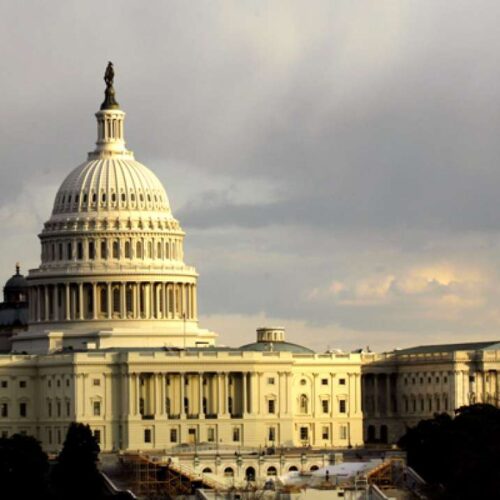Introduction
Two top executives from the embattled company Solyndra will appear before Congress later this week, but their lawyers announced today that they will invoke their Fifth Amendment rights and decline to answer questions, ABC News reports.
“This is not a decision arrived at lightly, but it is a decision dictated by current circumstances,” wrote Walter F. Brown Jr., the lawyer for Solyndra CEO Brian Harrison in a letter to Congress.
Among those circumstances, the lawyer said, is a broadening investigation by the FBI and the U.S. Department of Justice into the Obama administration’s decision to loan $535 million to the California solar power company, and the abrupt financial ruin of the firm, which shut its doors late last month.
“It would be irresponsible for anyone in his position not to [take the Fifth],” wrote Jan Nielsen Little, the lawyer for Solyndra’s chief financial officer, W.G. Stover, Jr., in a separate letter.
In a statement, a Solyndra spokesperson said Harrison and Stover would be “unable to provide substantive answers to the Subcommittee’s questions,” and said that “present circumstances require both gentlemen to exercise their Fifth Amendment rights.”
The statement added that Solyndra is unaware of any wrongdoing by company officials related to the loan guarantee “or otherwise,” and is cooperating with federal investigators. “The company believes that the record will establish that Solyndra carefully followed the rules of the competitive application process, starting in December 2006 under the Bush administration and continuing under the Obama administration.”
Members of the House Energy and Commerce Committee, which has been conducting its own investigation into the loan, expressed outrage that the executives — after promising to freely answer questions — would now insist on remaining silent.
“Who exactly are Solyndra’s executives trying to protect and what are they trying to hide?,” said a statement released by Energy Committee Chairman Fred Upton, R.-Mich., and Rep. Cliff Stearns, R-Fla., who chairs the oversight and investigations subcommittee.
“We have many questions for Solyndra’s executives on their dealings with the Obama administration, their efforts to secure federal support for a project that appeared doomed from the outset, and why they made certain representations to Congress regarding their dire financial situation just two months ago,” the statement said.
Friday’s hearing was intended to be the second act to hearings held last week, during which a senior Energy Department official and a top White House budget analyst attempted to explain why they decided to grant the loan to Solyndra, and why they agreed to restructure the loan after it became increasingly clear the firm was in dire financial trouble.
The path taken by Solyndra’s application for a massive government loan was just one of several questions explored by members of the House investigative subcommittee last week. Members grilled Jonathan Silver, head of the Energy Department’s loan program, and Jeffrey Zients, deputy director of the Office of Management and Budget, as to why the initial loan was approved, and why the Solyndra deal was restructured earlier this year. The restructuring came at a time when the company was already showing signs of financial stress, with Chinese competitors offering similar products for less money.
Damien LaVera, an Energy Department spokesman, has told ABC News that the decision to restructure the loan was intended to salvage the government’s initial investment.
“Since the restructuring went forward, if anything, this email is yet another piece of evidence that political or optical considerations took a backseat to putting the company and its workers in a better position to succeed and repay the loan,” he said.
ABC News Reported on Solyndra in March
The House investigation into the matter had been underway well before the company collapsed. Federal auditors had already questioned the methods the Energy Department was using to analyze the loans. And beginning in March, ABC News, in partnership with the Center for Public Integrity’s iWatch News, began reporting on simmering questions about the role political influence may have played in Solyndra’s selection as the Obama administration’s first loan guarantee recipient.
The loan had been shelved by the Bush administration but was fast-tracked just days after President Obama took office, and one of the major investors in the company is an Obama fundraiser — Oklahoma billionaire George Kaiser — who has visited the White House 16 times, including four meetings with such senior aides as Valerie Jarrett, Austan Goolsbee and Pete Rouse in the months prior to the loan’s approval.
The White House has maintained that those meetings covered other topics — including Kaiser’s charitable work. And both the White House and the Department of Energy have been steadfast in their position that politics played no role in the decision to grant Solyndra the loan.
Read more in Money and Democracy
Money and Democracy
New GOP campaign is aimed at Hispanics
‘Economic freedom’ message seen as appealing to crucial Latino vote
Money and Democracy
FACT CHECK: Perry slams Obama presidency with inaccurate ad
Select statements from Texas Gov. Rick Perry’s ad are shaky, while others are entirely false

Join the conversation
Show Comments